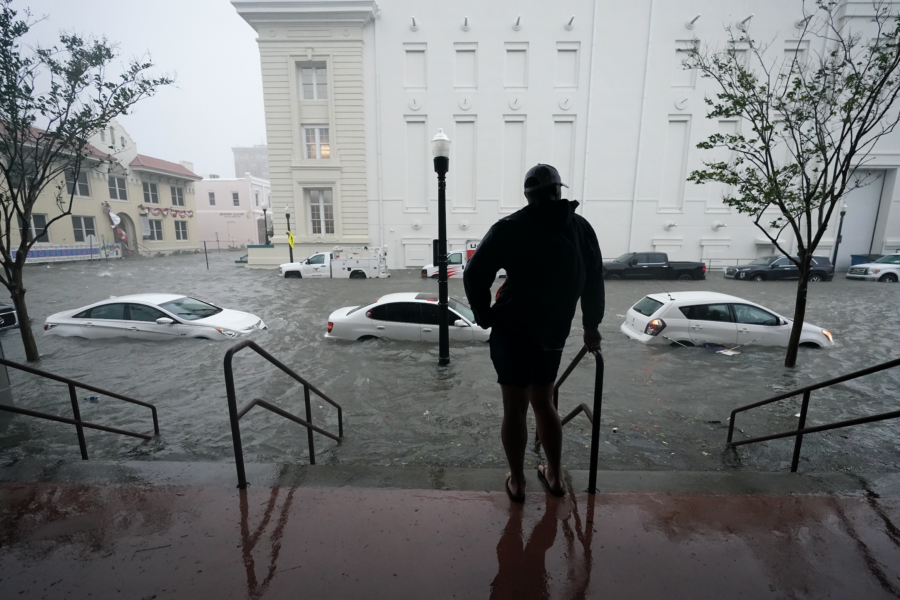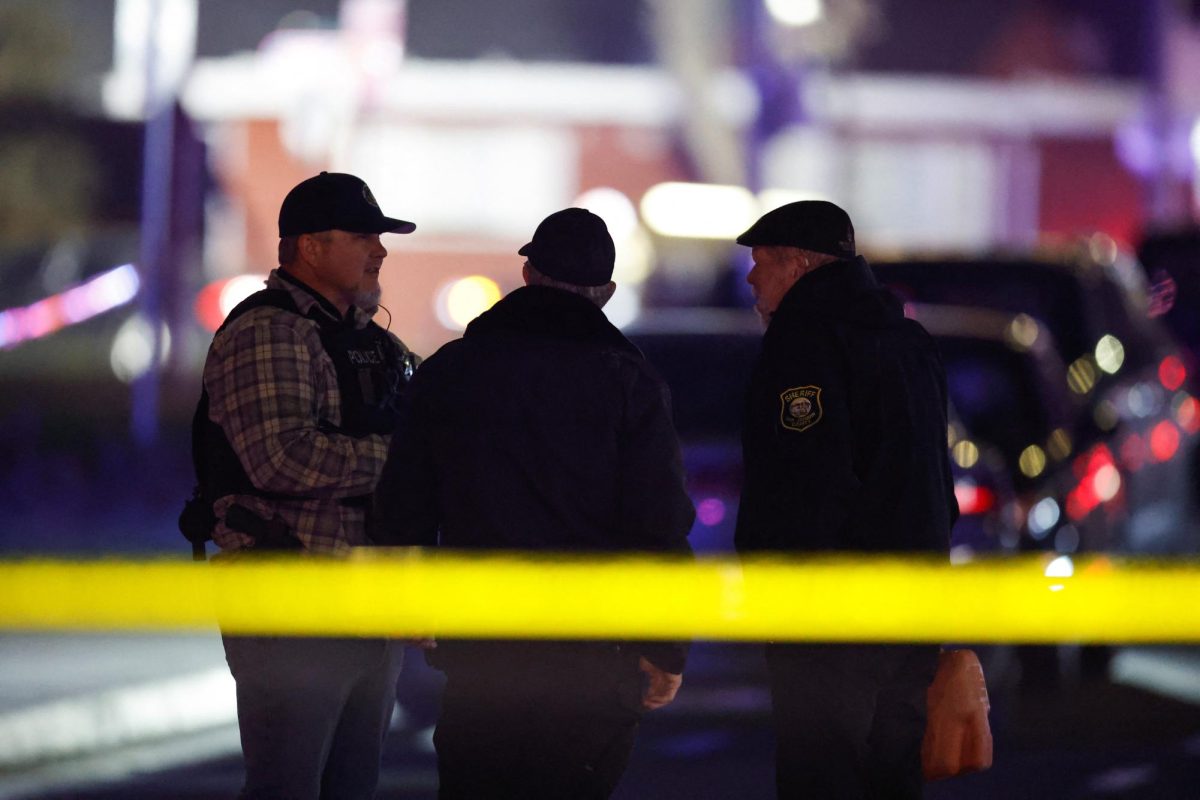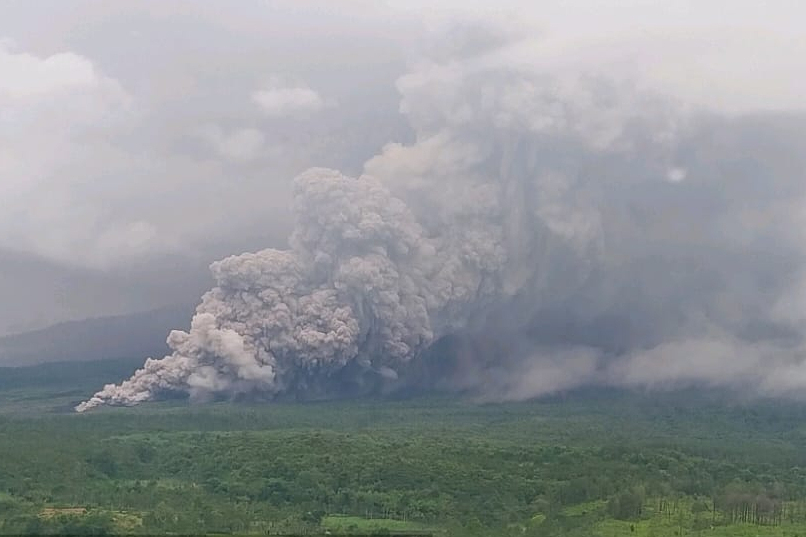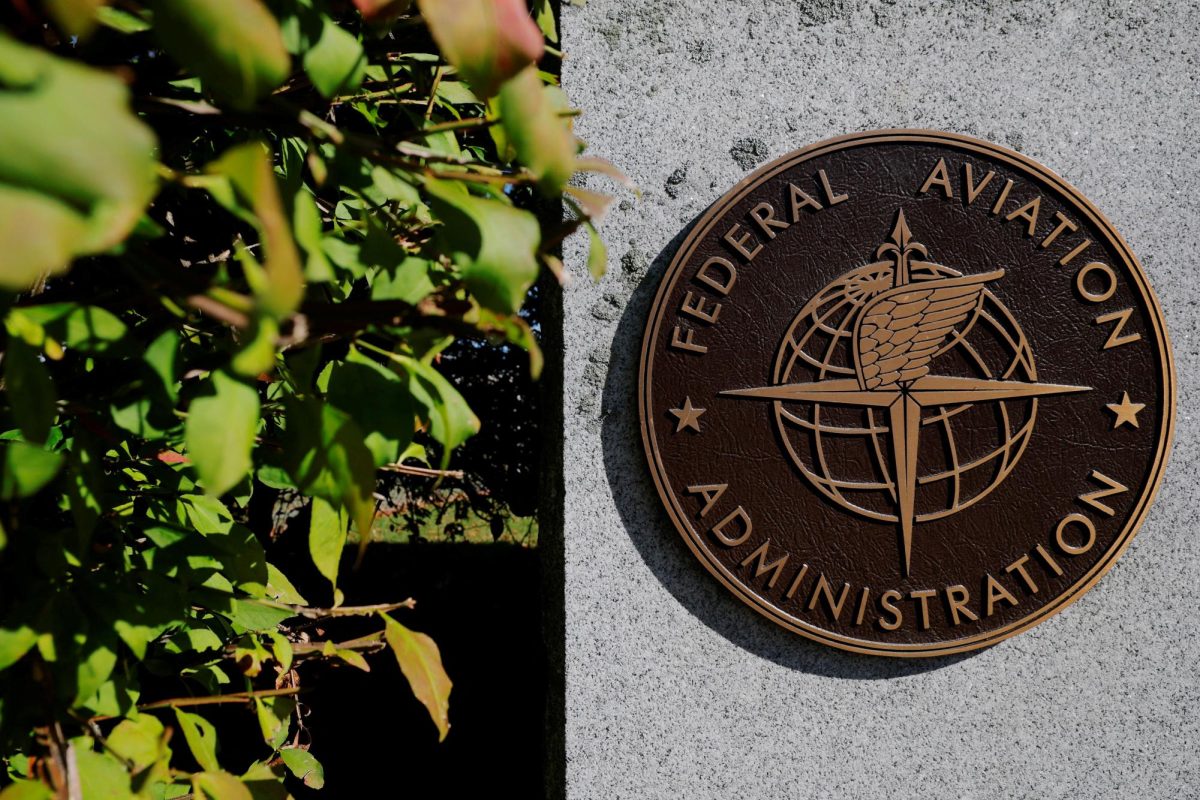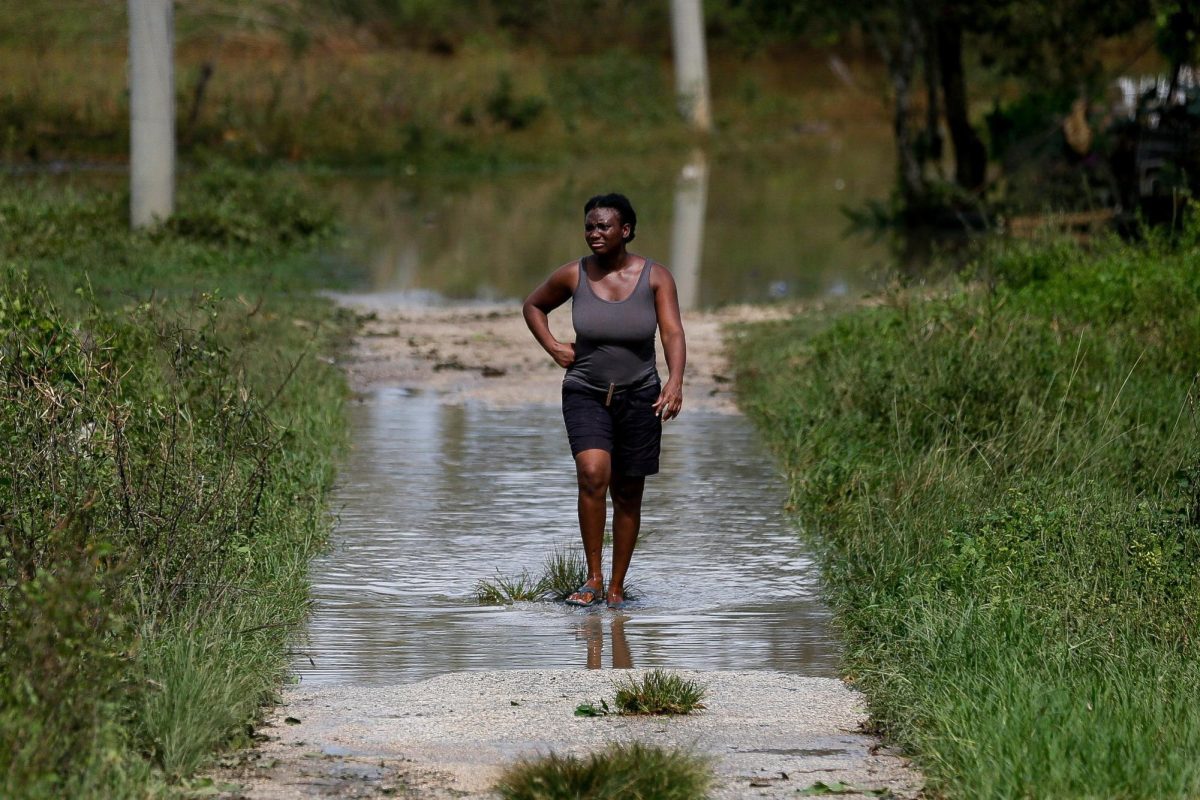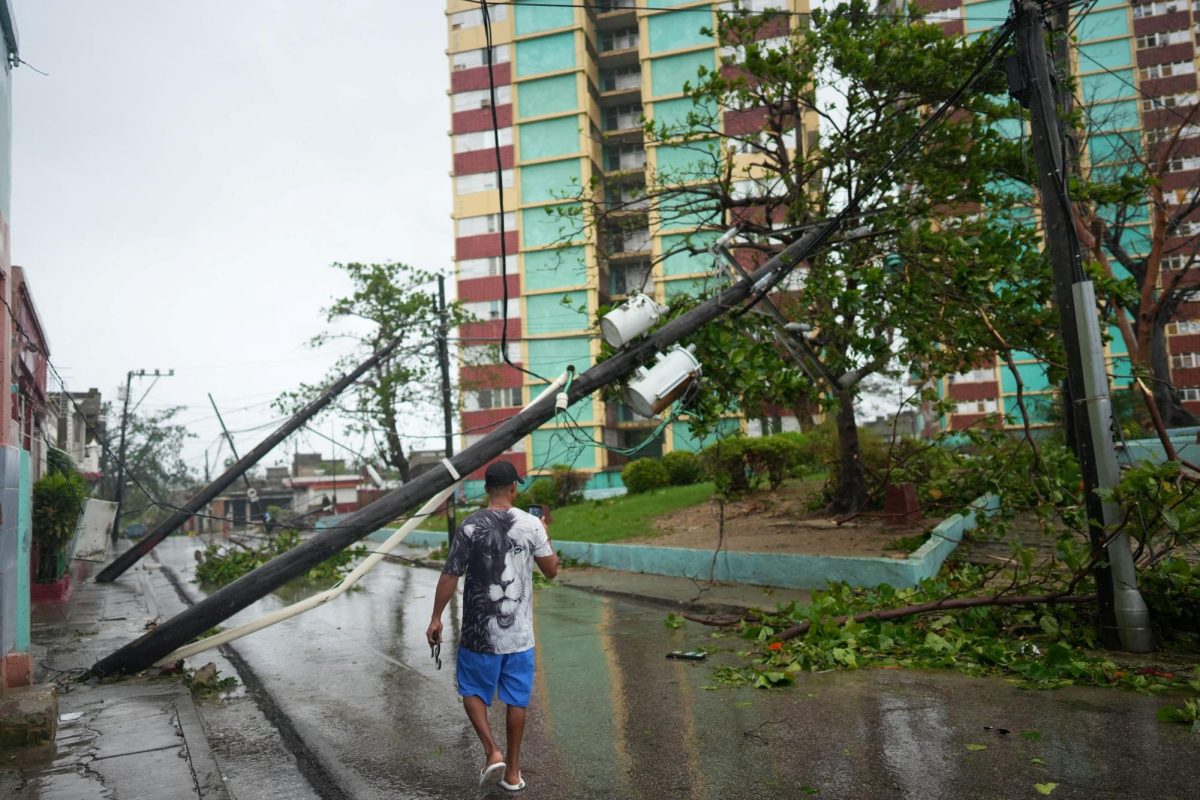Hurricane Sally makes landfall in Alabama
Hurricane Sally made landfall Wednesday morning in Gulf Shores, Alabama, after being noted as a Category 2 storm.
According to NBC News, the storm has created “threatening record floods” and 105 mph winds overnight.
Power went out overnight for more than 230,000 customers, according to NPR.
There is worry the storm could bring tornadoes later this week.
U.S. records highest number of daily COVID-19 cases in over a month
More than 52,000 new coronavirus cases were confirmed, the highest number this month.
Due to fires along the western U.S. and the hurricane in the South, people have been forced to seek shelter. These natural disasters have contributed to a spike in cases.
According to The Wall Street Journal, it is “harder for people to take the preventative measures.”
The new nation death toll is closing in on 196,000.

The House Transportation and Infrastructure Committee review Boeing’s 737 Max jetliner
After review, a congressional report found the Boeing 737 Max jetliner failed due to lack of management, false assumptions and deception to the public.
The 238-page report reveals how engineers questioned the safety of the aircraft. However, they were quickly dismissed because their claims were “lacking importance or jeopardizing the development timeline or budget,” according to USA Today.
There is now backlash from families of victims who were on the plane crashes, who believe the re-certification of Boeing should not be considered.
Big Ten football to proceed in October with strict medical guidelines
The Big Ten Conference announced that the Council of Presidents and Chancellors (COP/C) unanimously voted to let football season proceed. The season is scheduled to begin Oct. 23-24, 2020.
The season may only advance if teams follow the medical guidelines set by the COP/C. The Big Ten Conference noted players will participate in “daily antigen testing, enhanced cardiac screening and an enhanced data-driven approach.”
In addition, the universities involved in the conference will create a cardiac registry to study the effects of the disease on players who contract it. The hope is that the registry will answer unknown questions of cardiac manifestations in student-athletes who test positive for COVID-19.

